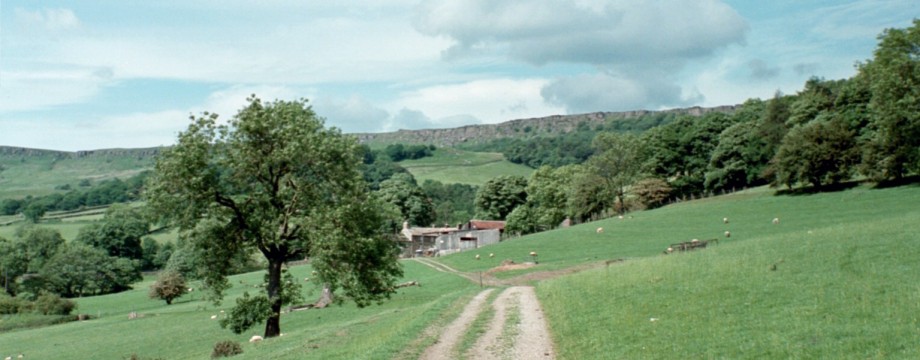![]() My soul is filled again with a renewed sense of the power of words and story – as well as their ability to nourish our souls. I just returned from the 2012 Festival of Faith and Writing at Calvin College. Earlier last week I was working to compress five days of work into three. Hour after hour I was focused on planning activities, contacting people, and preparing for travel. Then I spent six hours driving to Grand Rapids, furiously intent on reaching this conference. As I headed to the first session my mind was still in this action mode. With notebook and pen in hand, I was ready to sit down and gather practical suggestions for being a better writer.
My soul is filled again with a renewed sense of the power of words and story – as well as their ability to nourish our souls. I just returned from the 2012 Festival of Faith and Writing at Calvin College. Earlier last week I was working to compress five days of work into three. Hour after hour I was focused on planning activities, contacting people, and preparing for travel. Then I spent six hours driving to Grand Rapids, furiously intent on reaching this conference. As I headed to the first session my mind was still in this action mode. With notebook and pen in hand, I was ready to sit down and gather practical suggestions for being a better writer.
But then something happened. Words washed over me. These words weren’t merely providing a list of additional tasks for me to do when I got home. They were artistic expressions that drew me in and reoriented my thinking. I relished what the individuals were saying and how they were saying it, allowing words to soak into my being. I enjoyed having the time to listen to the words of inspiration and challenge. This was not a time to merely gather facts or even to worship at the feet of the writers who spoke, but to come side by side in the act of creation. The entire festival was infused with love for the words, the stories, the world – and God.
Within this world I started to gather expressions and bits of art in my notebook and soul. Below are just a spattering of words from some of the authors I encountered.
- Create community by observing the Sabbath. (Judith Shulevitz)
- How do we bind ourselves to our ancestors without being bound? (Jonathan Safran Foer)
- Live your one creative life fully, making it a gift back to God. (Ann Voskamp)
- Stories are food, we starve without stories. The more good stories we tell the more the world advances. (Brian Doyle)
- People will be gracious to religious expression that is gracious to them. (Marilynne Robinson)
- Stories change our minds, and changed minds change the world. Become the church we dream of and stop critiquing the church we don’t like. Engage a broken world with the creativity of our lives. (Shane Claiborne)
- Writing is not a tool to promote your ideas, but to allow them to flower.
- Writing life and spiritual life require regular times of solitude and silence. (Paula Huston)
- Art is an event first, then something to be analyzed. (Walter Wangerin, Jr.)
Leaving this festival, I wasn’t driven to add new practices to my life. Like most people, I definitely don’t need one more thing to do each day. Instead I’m encouraged to start looking out into the world with a new lens. One that isn’t so narrowly focused on the tasks on my many lists, but on the world in which these tasks take place and the God weaving it all together into a larger tapestry. From this new stance I again am drawn to share the stories around me and encourage others to do the same.



